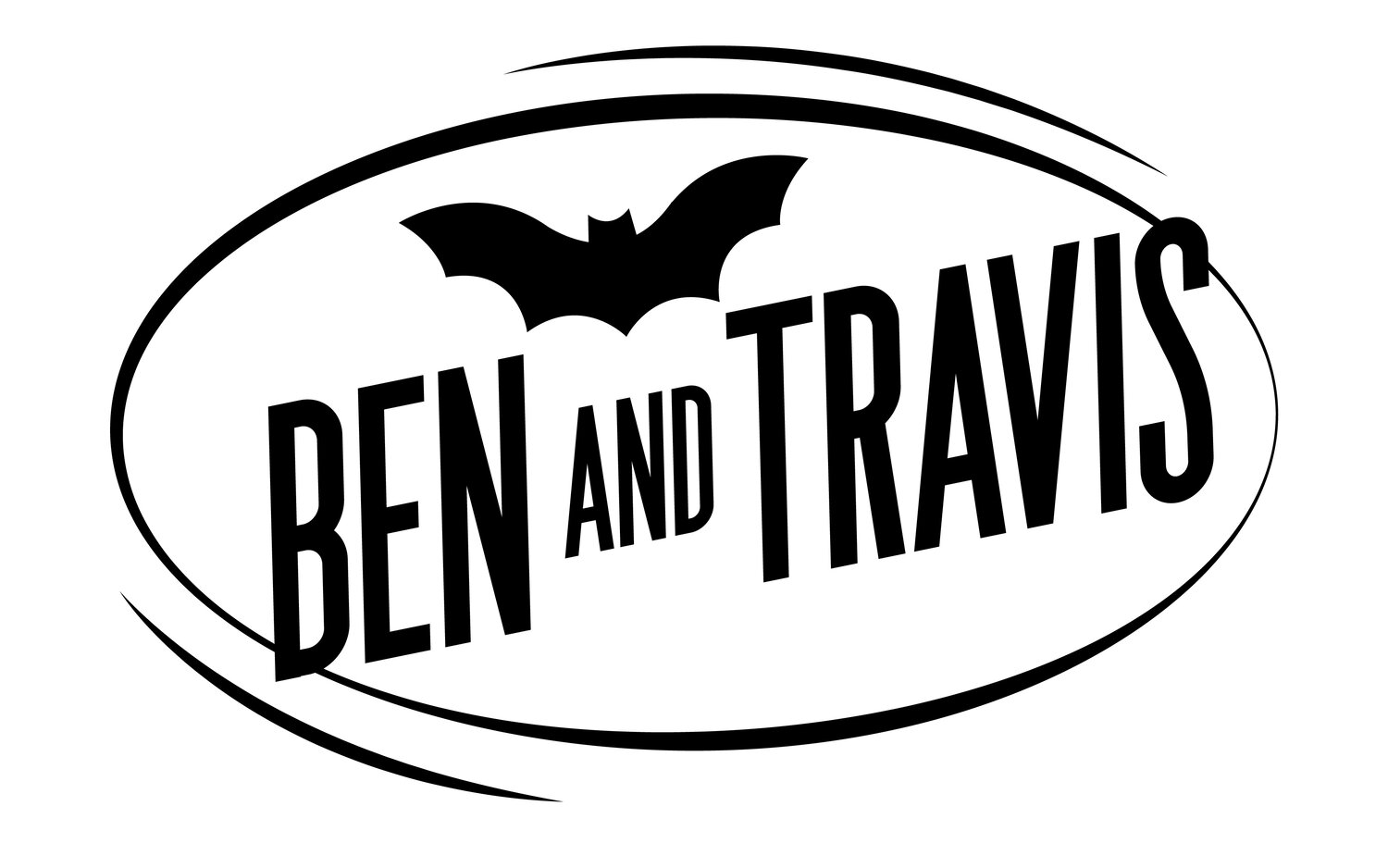Glory! Glory! Hallelujah!
High School sports are beginning to start again as school is back in session. It won’t be long until people start raising banners for last year’s achievements or lifting trophies that represent their hard work this season. There are some positions on teams that receive most of the glory and maybe rightfully so. But that moment of triumph caught in picture or on video does not capture all the sacrifice leading up to the trophy presentation. It is only a clue that upon further review, reveals not only the time and effort of the quarterback and head coach but the assistants and second team guys who provide film or experience in practicing the play repeatedly in the hot and humid summers. Typically when we think of “glory” we might think of accolades, awards or looking good. Anybody who has spent much time outside during the summer heat and humidity knows that looking good is out of the question.
I asked the RCA Elementary kids in chapel what glory meant to them and it was similar thoughts but one kid said “Heaven and all it’s shining glory”. I loved that answer. When I think of the word “glory” I think of Elvis’ version of the Battle Hymn of the Republic in all of its lip curling glory. In the rendition I’ve seen, Elvis is singing the song in all of his jumpsuit, glittering glory.
That vision is often times the opposite of the glory found through military conquest. Upon the end of the Civil War, as is tradition, the president and many of the chief officers held a military parade in Washington D.C. At these events the armed force members dressed in their best uniforms and marched down the main thoroughfare as they are saluted by the Commander and Chief. Because they had not been home or been paid the uniforms of the soldiers were dirty and ragged. Some of the soldiers had holes in their coats and pants. Some were barefoot or without proper military attire. It was the Army of Tennessee, General Sherman’s men. The army that had effectively brought about the end of the Civil War by making its way through Tennessee, Mississippi, Alabama, Georgia and the east coast. At that point it didn’t matter what they looked like as they had accomplished the most important task and deserved all the respect one could give.
Thankfully, it was not by military conquest that Jesus Christ sought the glory of the Father. If so, His men would’ve fought and won. We would’ve lost as without Him, we have no hope. He instead left the most glorious place we can imagine to come to earth and die, by our definition, the most inglorious death. Jesus didn’t see it that way. Often, if not in every mention of the word, Jesus equates “glory” with the suffering and sacrifice of the cross. Not even Jesus’ most forward thinking disciples would’ve made such an outlandish claim until after His resurrection. In the first century a crucified Messiah was no Messiah at all until Jesus changed the definition of “glory”. Now as Christians we worship a crucified Messiah everyday and live with the goal to be humble in all circumstances. We may not look like much when this life is over but if we endure to the end we will be saved (Matthew 10:22).
Travis
